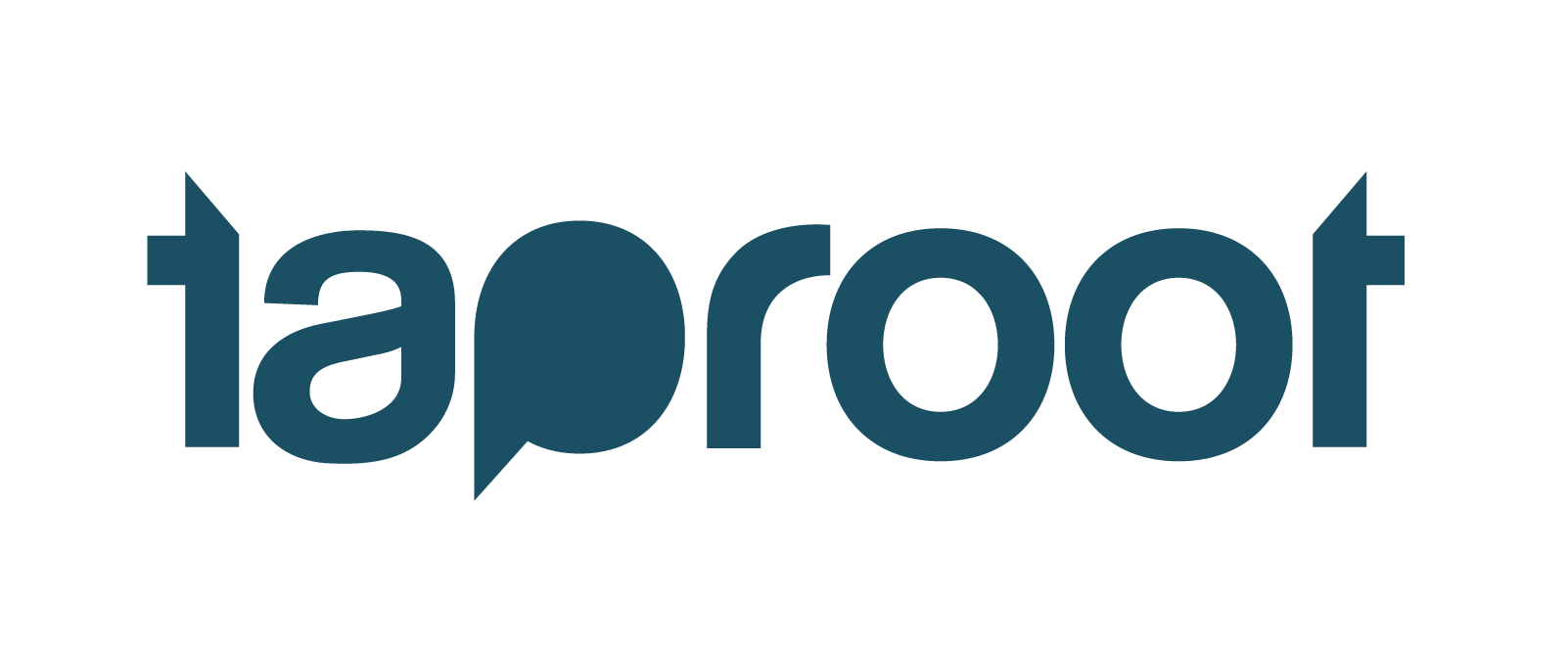Pro Bono + Inclusive Leadership: Curiosity
A deep dive into how pro bono builds curiosity, one of Deloitte’s Six Traits of Inclusive Leadership.

Pro Bono + Inclusive Leadership: Curiosity
Taproot Foundation and Deloitte co-created Pro Bono + Inclusive Leadership as free resource for businesses that demonstrates how Deloitte has leveraged pro bono as one way to help develop inclusive leadership traits and how other companies can do the same. This profile from that resource showcases how a professional at Deloitte has connected pro bono experiences to their own leadership development.
How Pro Bono Supports Curiosity
A nonprofit professional’s day—pivoting from addressing the needs of vulnerable populations to problem-solving on a shoestring budget—can be quite different than the day-to-day of a corporate employee. Employees must be curious about and open to learning the realities of their beneficiaries to develop solutions with lasting impact.
Highly inclusive leaders have an open mindset, a desire to understand how others view and experience the world, and a tolerance for ambiguity. —The Six Traits of Inclusive Leadership
The Story: Robert Bui
Senior Consultant, Deloitte Consulting LLP
In his seven years at Deloitte, Robert Bui had never done a pro bono project – until 2020. Excited about the chance to do something meaningful and different, he had the opportunity to help Roca, a Massachusetts-based nonprofit dedicated to serving high-risk young people. Roca asked Deloitte to help them quantify the impact of its Young Mothers Program through extensive research and stakeholder interviews. While Robert and his team had experience with strategic communications and data analysis, they weren’t familiar with Roca’s intervention model or the challenges facing the young parents that Roca serves.
Robert noted, “Our team had to feel comfortable going into executive-level meetings not knowing all the answers or where the conversation would go. There were times we would completely pivot mid-meeting or leave with more additional questions than answers. But our conversations always spurred new information or insights that helped us tell an even stronger story in the end.”
Robert saw first-hand how powerful curiosity can be. He learned to ask open-ended questions and facilitate conversations that brought together the Deloitte team’s expertise and the client’s knowledge. This co-creative process helped them articulate Roca’s impact in an entirely new way, estimate the size of the population they could serve, and quantify the impact to society of Roca’s Young Mothers Program. This collaborative approach became a core part of Robert’s leadership style and client interactions.
“By challenging thinking, our conversations always spurred new information or insights that helped us tell an even stronger story in the end.”
—Robert Bui
Why it Matters
An inclusive environment must also be a curious one. Inclusive leaders constantly ask questions, recognizing that knowledge from others can fill in the gaps in the bigger picture. They create an environment of inquiry to discover where new passions may lie. This openness can create a space for teams to safely push and inspire each other to the highest quality results.
Design Tip: Applying This to Your Program
Continue cultivating curious employees by providing supplemental learning materials and follow-on opportunities. Encouraging teams to stay in touch with their nonprofit client, join a board, or start an issue-area focused learning group can help them maintain the spark of curiosity once the pro bono engagement ends.
Download Pro Bono + Inclusive Leadership to learn more about the benefits of pro bono service programs.

